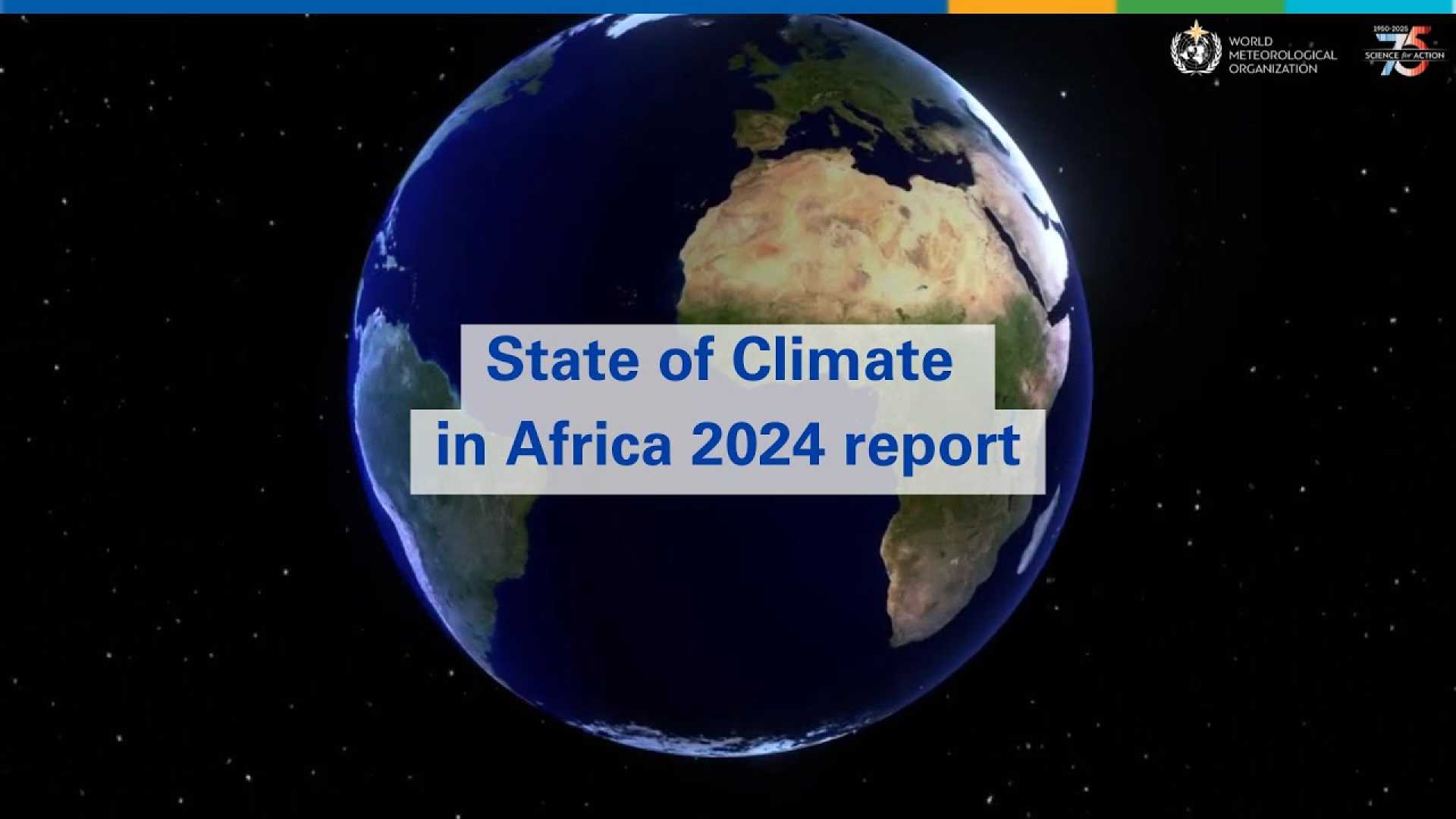World
Climate Change Deepens Crises Across Africa, WMO Report Reveals

Addis Ababa, Ethiopia – The World Meteorological Organization (WMO) has released its State of the Climate in Africa 2024 report, highlighting the serious impact of extreme weather and climate change on socio-economic development in Africa. The report reveals that the continent experienced one of its warmest years on record in 2024, with average surface temperatures reaching approximately 0.86 °C above the long-term average.
According to WMO Secretary-General Celeste Saulo, this report reflects the urgent realities of climate change. ‘It reveals a stark pattern of extreme weather events, with some countries grappling with exceptional flooding caused by excessive rainfall while others endure persistent droughts and water scarcity,’ Saulo said.
Sea surface temperatures around Africa reached record levels, particularly in the Atlantic Ocean and Mediterranean Sea, contributing to marine heatwaves that affected nearly 30 million square kilometers early in the year. The extreme heat has disrupted agriculture, labor productivity, and education across the continent.
In Southern Africa, countries like Malawi, Zambia, and Zimbabwe faced the worst drought in decades, with cereal yields dropping significantly below the five-year average. ‘This has caused prolonged power outages and significant economic disruption, especially due to low hydropower output from Lake Kariba,’ the report noted.
Conversely, East Africa experienced heavy rains and flooding from March to May, affecting hundreds of thousands of people in Kenya, Tanzania, and Burundi. Severe floods in West and Central Africa also resulted in devastating impacts, affecting over four million people.
The report emphasizes the need for improved climate resilience and adaptation strategies. ‘A greater sense of urgency is needed,’ Saulo added, urging governments and private sectors to accelerate climate-smart investments.
Additionally, the report highlights opportunities for leveraging technology such as artificial intelligence and advanced weather prediction models to enhance weather services. Enhanced digital transformation efforts in various African nations are crucial for improving the accuracy and reach of climate information.
The WMO aims to work with its members to build resilience against climate challenges, and the report aims to inspire collective action toward addressing these pressing issues.












